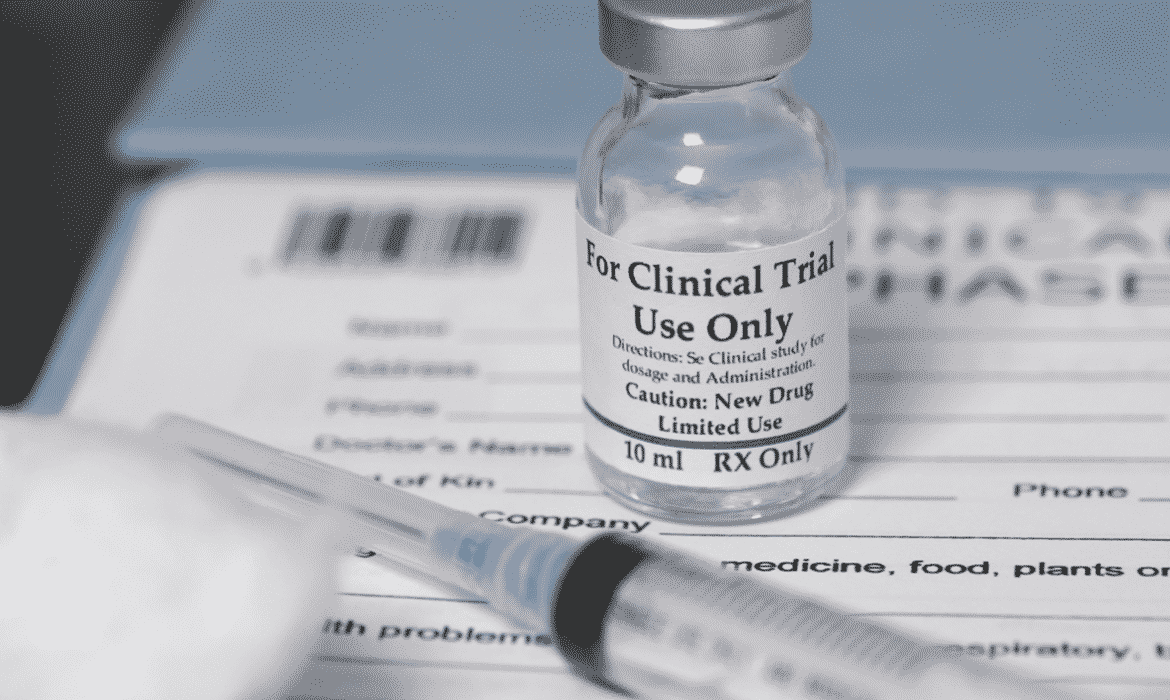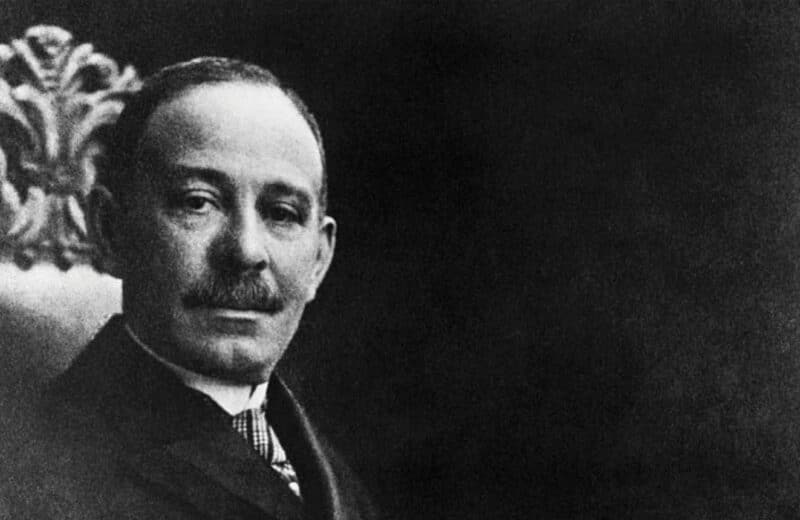Consider the following when deciding whether to join a trial
Treatment. Usually, patients get either the medication being studied or a typical treatment for their cancer (called “standard of care”). Cancer patients rarely get placebos (nonactive medication). If placebos are used, it is along with regular medication.
Ask your healthcare team how you could potentially benefit from the trial, what tests and procedures you might need during the trial, and what other treatments are available.
Some trials are “open label,” so that you know what drug you are getting, says Andrea Glidden, RN, interim research supervisor at Illinois Cancer Specialists in Arlington Heights. Others are blinded and randomized, meaning you won’t find out which treatment you’ve received until the trial ends.
Because medical staff attend to trial members so closely, no matter which intervention you receive, “Patients in clinical trials almost always do better compared to the general population” likely due to the frequent monitoring, says Steven J. Chmura, MD, at UChicago Medicine.
Side effects. Clinical trials can take place in early research stages (phase 1 or 2) or later (phase 3 or 4). Side effects are less likely in later-stage trials. Find out what phase the trial is in, and discuss potential side effects with your care team before you enroll.
Your cost. Patients typically are responsible for costs of care, such as CT scans, that they would have had without the trial, Glidden says. Also, clinical trials may reimburse you for mileage and incidentals if you need to travel a far distance to access the trial.
Finding a trial. Your doctors may have recommendations, especially if they are part of a major cancer center. You can also find trials on your own. Check out these resources:
- Clinicaltrials.gov, a database provided by the National Institutes of Health, lists clinical trials locally and around the world.
- The National Cancer Institute offers an online search site, cancer.gov/about-cancer/treatment/clinical- trials, plus phone help finding clinical trials at 800-422-6237.
- Cancer advocacy groups often have databases of specific trials. Find listings at cancer.net/research- and-advocacy/clinical-trials/finding-clinical-trial.
- The Center for Information and Study on Clinical Research Participation is a nonprofit organization with easy-to-understand information about clinical trials, along with a trial search page at ciscrp.org.













